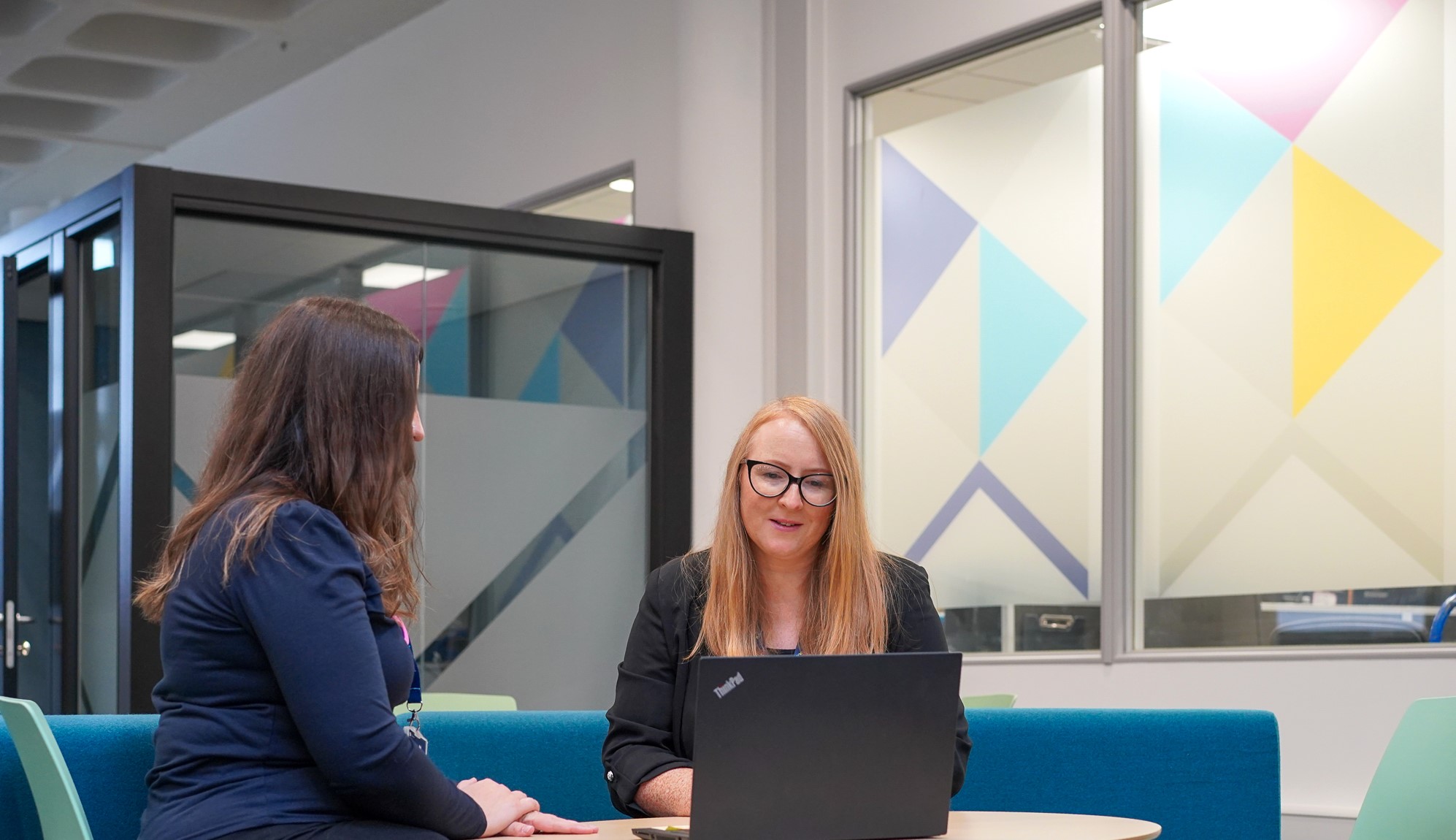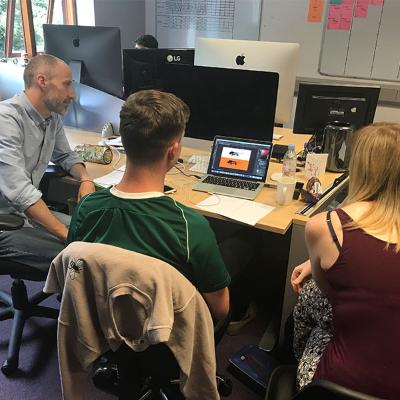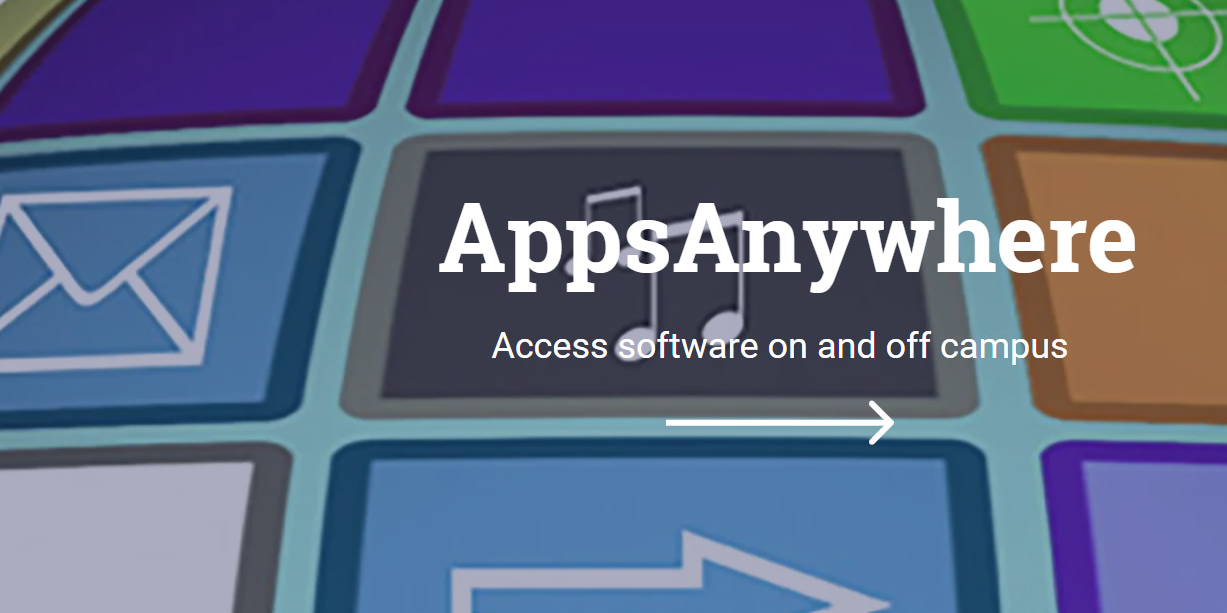
Dyscalculia
What is Dyscalculia?
Dyscalculia is a specific learning difference that may impact how number concepts are understood and how arithmetical skills are developed. It can occur independently or alongside other learning differences such as dyslexia. While it’s distinct from a general difficulty with mathematics, individuals with dyscalculia often bring strengths in creative thinking, pattern recognition, and visual reasoning. With the right strategies and support—such as multisensory learning, technology tools, and real-world applications—students can build confidence and fluency with number-related tasks while leveraging their broader talents.
Some individuals may find that working with numerical information feels unclear or overwhelming, but with tailored strategies and ongoing support, greater confidence and fluency with arithmetic and number facts can be built over time.
-
Estimating amounts or measurements may be an area to strengthen—but tools like visual aids, real-world practice, and step-by-step guidance can make these skills more accessible and meaningful.
-
Remembering formulas and numbers might take time, and using consistent reinforcement strategies and supportive memory techniques can help ease this process.
-
It's natural to feel uncertain with number-based tasks at times, but with positive experiences and helpful resources, confidence can grow and avoidance can shift into empowerment.
-
Tasks involving time perception, map reading, and directions may require creative support solutions—like using technology, routines, or alternative formats—all of which can build independence.
-
Some people with dyscalculia demonstrate talent in algebra or abstract thinking, even if other areas of maths feel challenging—this diversity in strengths offers great opportunity.
-
Many individuals show remarkable ability in fields such as design, creativity, storytelling, or conceptual problem-solving—these areas offer rich potential for expression and achievement.
Supportive Techniques
-
Seek practical demonstrations of mathematical concepts to make ideas more concrete and relatable.
-
Revisit key topics with internet tutorials or mathematical dictionaries to reinforce understanding at your own pace.
-
Practice little and often—this approach builds speed, prevents forgetting, and promotes a sense of accomplishment.
-
Use calculators and assistive technology where appropriate to support accuracy and reduce stress.
Dyscalculia
Here's some UK-based support resources for Dyscalculia.
-
Recommends tools like:
-
Visual aids and manipulatives
-
Step-by-step scaffolding for mathematical processes
-
Use of calculators and math-specific assistive tech
-
-
Includes training options for educators and support staff.
Dyslexia UK – Dyscalculia Resources
-
Provides free resources and guidance for students and carers.
-
Covers:
-
Access arrangements for exams
-
Text-to-speech and speech-to-text tools
-
Memory and processing support strategies
-
Dyscalculia Association – Maths Explained Video Tutorials
-
A rich library of conceptual video tutorials designed for learners who struggle with traditional math instruction.
-
Topics include:
-
Fractions, division, and basic arithmetic
-
Visual explanations with animations
-
Repetition-friendly format for independent study
-
-
Ideal for students who benefit from visual and auditory learning styles.


/prod01/wlvacuk/media/departments/digital-content-and-communications/images-2024/Architecture-students-tree-planting.png)
/prod01/wlvacuk/media/departments/digital-content-and-communications/images-2024/250630-SciFest-1-group-photo-resized-800x450.png)
/prod01/wlvacuk/media/departments/digital-content-and-communications/submitted-news-images/Way-youth-zone-August.JPG)
/prod01/wlvacuk/media/departments/digital-content-and-communications/images-2024/Arthi-Arunasalam-teaser.jpg)
/prod01/wlvacuk/media/departments/digital-content-and-communications/submitted-news-images/Muslim-woman-playing-football.jpg)
/prod01/wlvacuk/media/departments/digital-content-and-communications/submitted-news-images/Business-School-800x450.jpg)
/prod01/wlvacuk/media/departments/digital-content-and-communications/submitted-news-images/University-of-the-Year.jpg)

